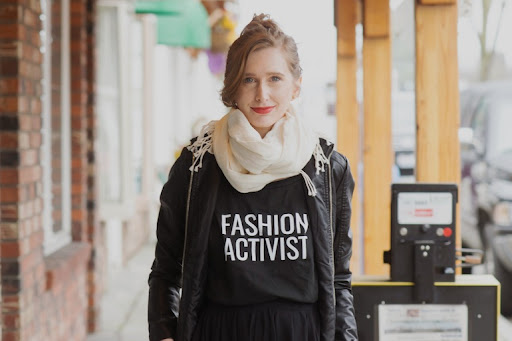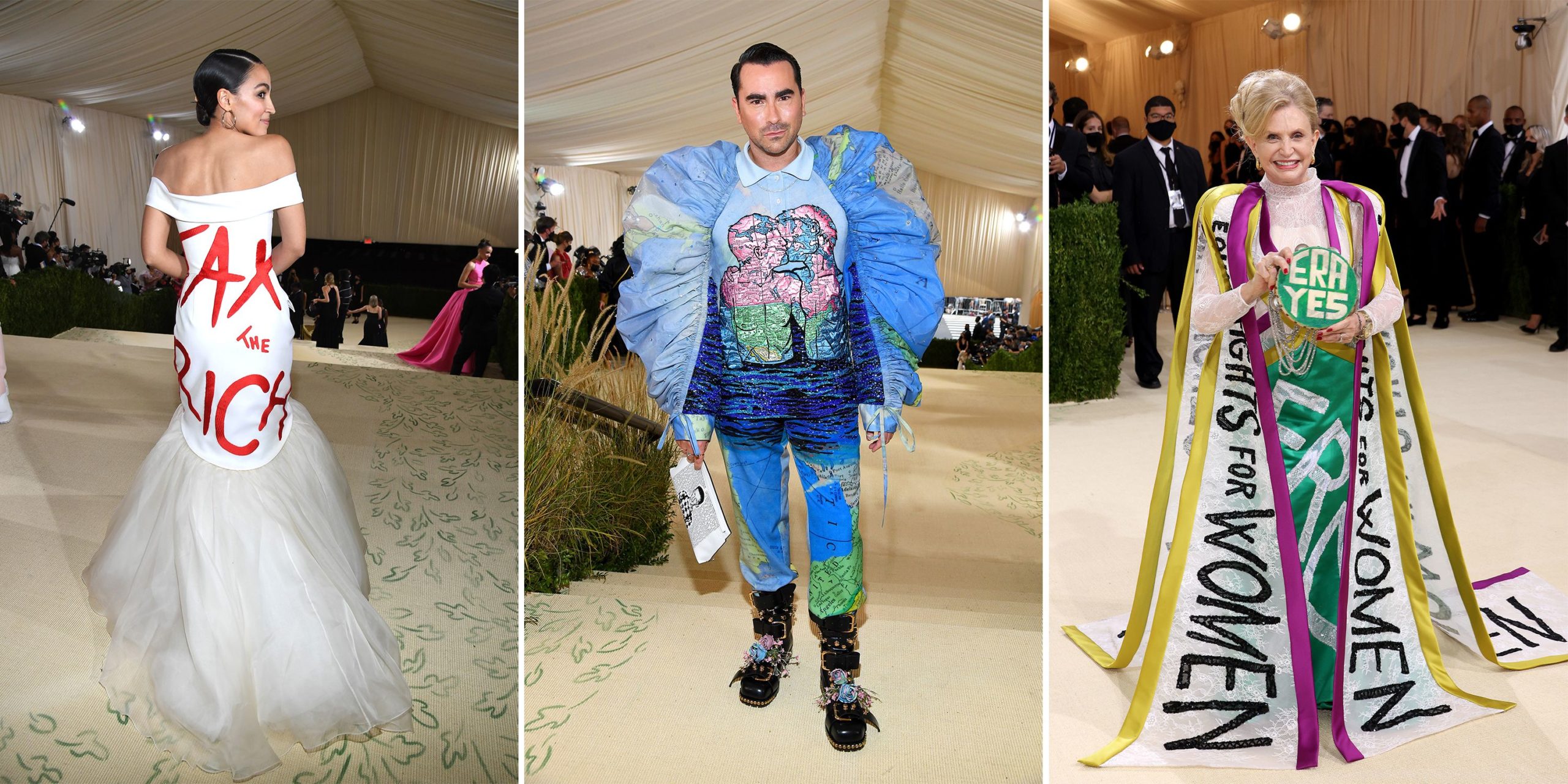In recent years, college campuses have become platforms for activism, where students passionately advocate for their beliefs and social and political changes. A new form of activism that is different from the traditional forms of activism such as rallies and marches has emerged- one that is deeply rooted in fashion. College students are taking hold of the power of fashion as a form of protest and advocacy, and using their clothing choices to make bold statements, challenge societal norms, showcase their culture, and advocate for the causes that they believe in. Let’s understand the concept of fashion activism on college campuses and explore its importance and how students are using their fashion choices as a tool for social change.
Fashion activism is a form of activism where fashion is used as a medium to advocate for social, political, and environmental change. Fashion activism can take place on catwalks and in art galleries, but the phrase refers to the clothing choices we make in everyday life. An example of fashion activism is the second-wave feminist movement of the 1960s which took place in America, where women expressed their anger against the patriarchal system and the discrimination they faced by continuing to shorten their skirt hemlines. The mini skirt was used by women as a tool for their liberation and was also interpreted as a form of political activism.
Making Statements through Style
We have all accepted fashion as a form of self-expression, but in the recent few years, it has also transformed into a tool for activism. College students are known for their creativity and they have embraced fashion as a form of advocacy. From wearing graphic t-shirts with powerful slogans to meaningful accessories, students are using them to amplify their voices and express their support or resistance against any ongoing social issues.
Fashion activism on college campuses is designed to challenge and question societal norms and standards and raise awareness about any important causes. Students choose to wear clothing that is adorned with words, symbols, or imagery that reflects their values and beliefs. Whether it’s advocating for gender equality, racial discrimination, body positivity, or LGBTQIA+ rights, these fashion choices are a bold and visible statement expressing their solidarity. Aside from slogans and visuals, fashion activists frequently claim and employ symbols of resistance to make a point. For example, the Indian flag has been used as a symbol of sympathy for marginalized communities, and the raised fist has become a symbol of support for the battle against oppression. College students showcase their support and dedication to social change by including these symbols in their clothes and accessories.
Fashion as a medium for Social Change
Fashion shows and events by universities provide another platform for college students to engage in fashion activism. These events often feature clothing lines and collections that center around specific social issues, such as body positivity, mental health awareness, gender fluidity, or gender equality. Students showcase their designs through creative presentations and performances, using fashion as a means to start debates and raise awareness about these social causes and also inspire them to speak up and take action.
Students also use fashion activism to promote environmental sustainability by choosing ethical and sustainable brands. Small actions such as purchasing clothing from brands that prioritize fair labor practices and source their materials ethically, and using garments made from natural materials like cotton and hemp instead of synthetic fabrics like nylon and viscose rayon are steps taken by these students to advocate for a more sustainable fashion industry. Some college societies even collaborate with these brands to design and create clothing that aligns with their values and conveys their message.
Students are using fashion as a tool to address issues of race, gender, class, gender identity, and disability discrimination, understanding the interconnected nature of social identities and systems of oppression. They have realized that genuine social change needs a more holistic approach. Fashion activists are aiming to make society more inclusive and equitable by focusing on the experiences and voices of marginalized communities.
Conclusion
In conclusion, fashion activism on college campuses has developed as a dynamic and impactful form of protest and advocacy. College Societies and students are using their clothing, accessories, fashion shows, and collaborations with sustainable brands as a powerful tool to question and challenge the injustices and discrimination faced by them, raise awareness about these social and cultural issues, and inspire others to take action. College students are harnessing the power of fashion for social change and showcasing that activism can take other forms apart from the traditional forms of protest, such as the clothes they wear. Fashion activists are creating a more inclusive, and accepting world one outfit at a time, by challenging societal norms, and taking a stand for what they believe in



























